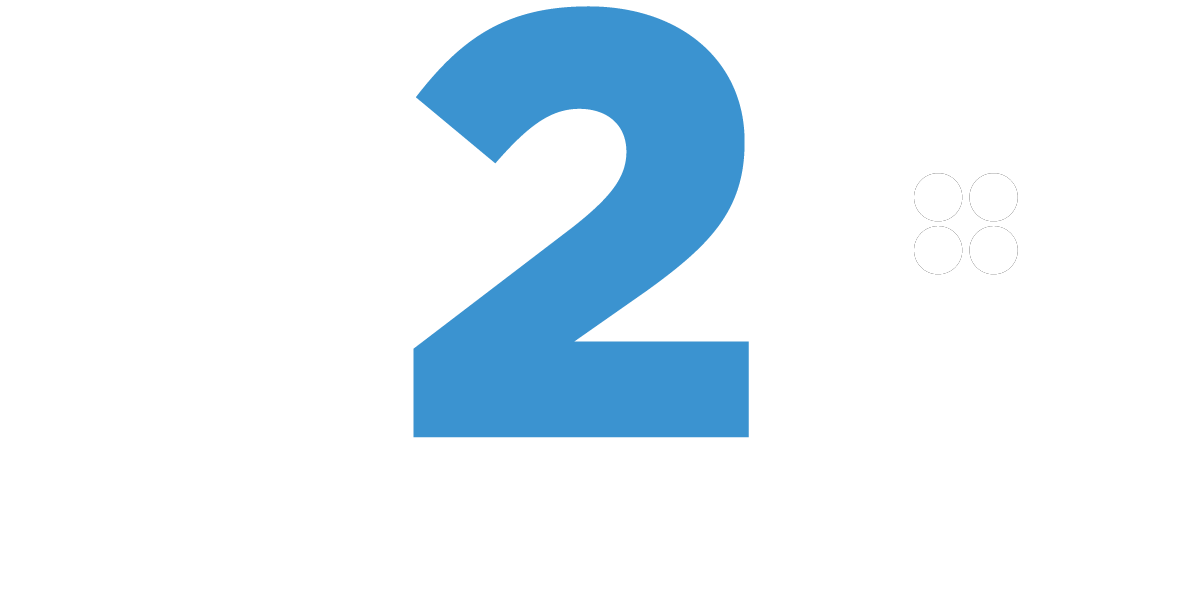 The New Zealand Rugby Union is fearful of a boycott of the 2015 World Cup, and it’s partly down to branded clothing.
The New Zealand Rugby Union is fearful of a boycott of the 2015 World Cup, and it’s partly down to branded clothing.
The International Rugby Board (IRB) has controls over the way national sponsors can be included in international tournaments which means that national teams lose money – according to New Zealand, $13 million in a world cup year. How so?
Rugby and football are very different: at a FIFA World Cup the teams are allowed to continue to promote their individual sponsors by having them appear on clothing worn at the team hotels and at press conferences up to two days before every match. But the IRB imposes a complete ban all sponsors (except their own) at the Rugby World Cup. This means that photo opportunities, interviews and other publicity activities that usually allow a team to parade in branded clothing before a big match are denied to the rugby teams.
And in South Africa the team jerseys being sold to the Springboks fans have caused ructions. One MP has said that he will boycott the national shirts, because they were made in China instead of South Africa – and that this denied the country’s struggling clothing industry a chance to benefit from the Springbok phenomenon.
The South African Rugby Union has been lambasted by the national Trade Union Congress for ignoring national job-creation policy, causing a national and international flurry.
Neither national team has achieved the kind of publicity it hoped with its branded clothing initiatives, and while neither of them are likely to be thrilled by the way their promotional clothing initiatives have worked out, neither issue is likely to cause a long term problem for the national team. The unanticipated outcomes might have been avoided by operating a better sourcing policy, having regard for fair trade and organic products in relation to national pride, and understanding and considering the constraints of sponsorship agreements in advance of investing in them.
View our personalised sportswear guide here.

